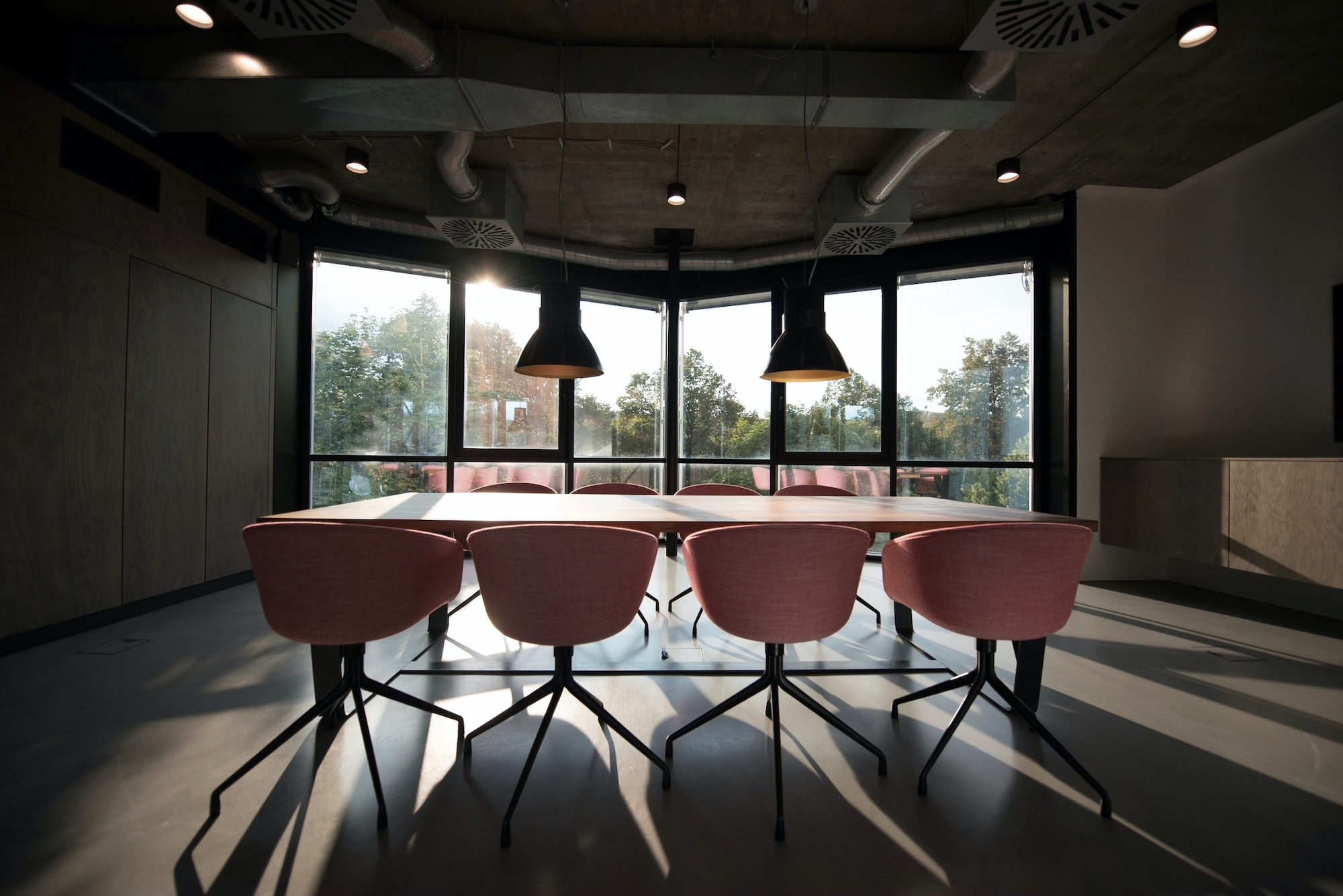
Four Generations in One Firm
Across New Zealand’s legal sector, we now have four generations working together: Baby Boomers, Gen X, Gen Y/Millennials, as well as Gen Z as the new grads look to enter the workforce. Each group brings different expectations around work, communication and what makes a job worth staying for. This mix has become one of the biggest influencers on culture, performance and retention within firms. When firms fail to intentionally design for it, friction naturally develops, but for those that do, it becomes a competitive advantage.
Alongside the differences in life stages, the generational drivers differ in what employees value from an employer plays a part in how to create a workplace where everyone can feel valued.
Baby Boomers want meaningful work and to leave a legacy from their careers. When they consider a new role, they still look closely at remuneration and practicalities like location, but they also want accessible, approachable leadership. They value leaders who communicate clearly, demonstrate integrity and foster trust. They will stay engaged when the work matters and when their presence is respected. As leaders, they are often characterised by their traditional top down leadership style, favouring loyalty, stability and work ethic from their teams and can face challenges in embracing flexibility and tech driven initiatives.
Gen X is pragmatic and firmly established. They want their contribution recognised, and they want to be trusted to get on with it. When they assess new roles, remuneration is a key lever, but convenience and leadership accessibility also matter. They value clarity, straight communication, integrity, and workplaces built on trust and flexibility. They don’t need constant contact, but they expect consistent alignment. Gen X are results driven leaders and are known for fostering collaborative and flexible work environments, who enjoy empowering teams and building talent through mentorship.
Gen Y/Millennials are juggling senior careers with families, kids, or other major commitments outside work. They actively prioritise flexibility as a non negotiable when considering a new role, and practical things like location make a difference to the structure of their week. They also want to work for leaders who communicate clearly, behave with integrity, and remain approachable. Meaningful work and genuine flexibility are the two biggest factors that determine whether they stay. Millennials are often identified by their tech savvy and purpose driven approach, who drive their team by leading by example, are adaptable to change and foster team environments that are diverse with a transparent communication style.
Gen Z is entering the profession with a very different baseline. Flexibility is expected, and they choose jobs based on approachable leadership, visible learning and development pathways, and structured career progression. They value trust, transparency, and leaders who are relatable and accessible. They want praise where it’s earned, constructive feedback when it’s useful, and regular conversations about where their career is heading. They are eager to be apart of project based work and enjoy having exposure to more complex matters in a ‘give it a go’ mentality.
The learning advantage
Right now, law firms have the richest learning environment they have ever had. The combination of depth of judgement and long range perspective that Boomers and Gen X carry, combined with the efficiency, digital capability, and curiosity Gen Y and Gen Z bring, is a potent combination.
When experience and ambition sit together intentionally, development speed lifts dramatically across the whole firm. This shows up when senior lawyers coach judgment instead of allocating tasks, which improves strategic decision making which can reduce hours off matter management, reworking as well as increase billable outputs. It shows up when younger lawyers lead efficiency or process improvements, such as document management systems, automation on routine document handling and precedents or leveraging AI for research, which create measurable time savings that can be redirected to higher value work, and senior lawyers sponsor those
changes. It shows up when case preparation is done collaboratively, with different generations contributing their strengths rather than defaulting to hierarchy.
The same principle applies to support staff. Experienced legal administrators and office coordinators bring a nuanced understanding of compliance, file management, and client expectations, while younger staff introduce tech savvy solutions, such as automating client billing reminders, digital intake forms, or workflow tracking. When these strengths combine, firms see fewer errors, faster turnaround on client requests, and more efficient matter management; all translating into more billable hours and higher client satisfaction.
Firms that actively harness intergenerational collaboration don’t just develop talent faster; they increase productivity, reduce overhead, and deliver better service, turning learning into tangible, billable results across both lawyers and support teams.
Where the shift needs to occur
Most intergenerational tension in legal teams is centred on a misalignment in communication style and assumptions.
The shifts that make the biggest difference are simple:
Clear expectations early
Outcome-based measurement
Consistent, real feedback
Using tech to remove admin
The firms that consistently create trust, flexibility, meaningful work and accessible leadership retain talent longer and build higher performing teams. Four generations inside one profession is one of the strongest strategic opportunities law has ever had. Firms that recognise the differences, value what matters to each group, and design for compatibility rather than uniformity will move faster, think sharper and create teams that want to stay.
